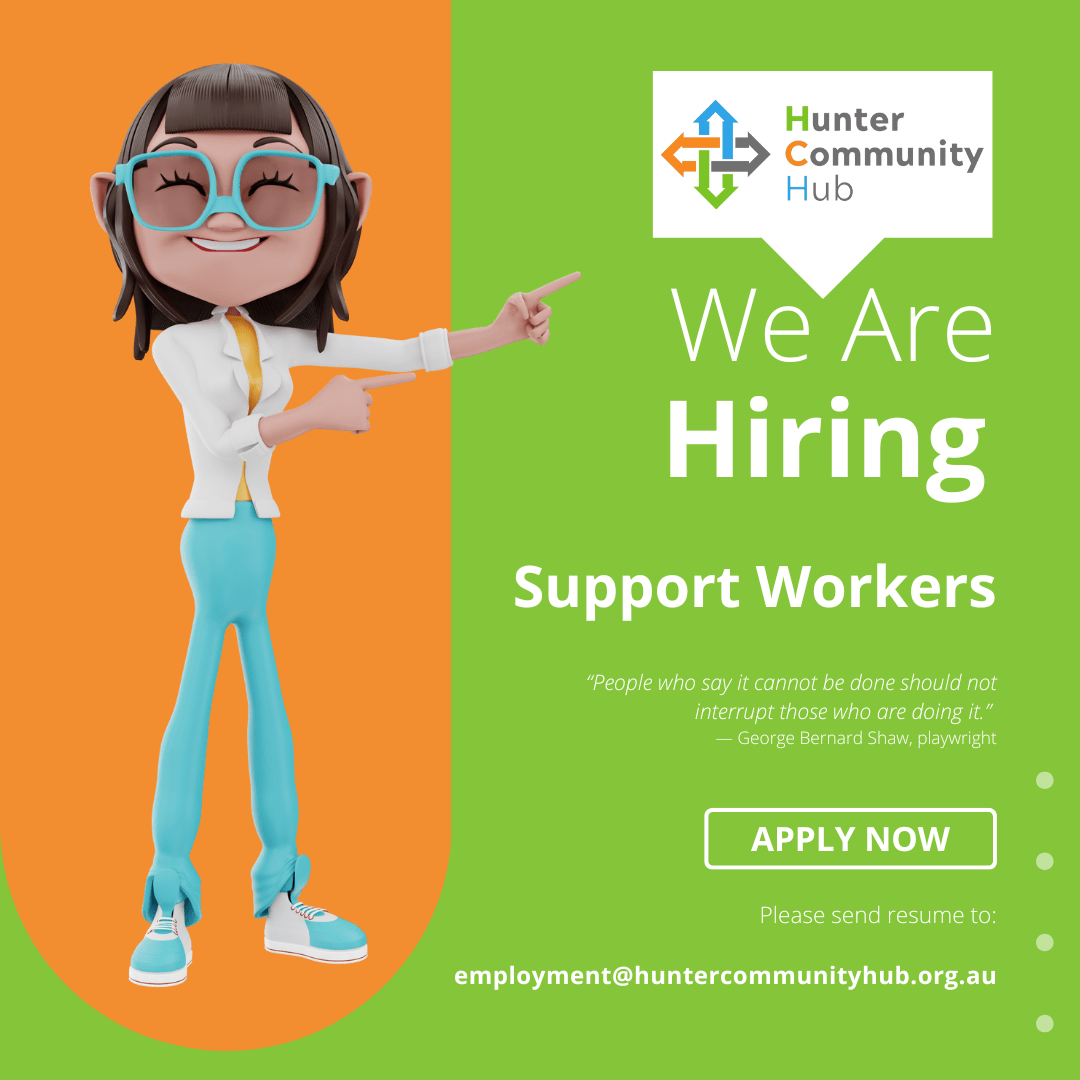How Do I Become a Disability Support Worker?
Are you passionate about helping others and looking for a meaningful career where you can make a real difference? Becoming a disability support worker might be the perfect path for you.
Disability support workers play a vital role in assisting people with disabilities to live independently, achieve their goals, and participate fully in their communities. Whether it's helping someone get ready for the day, supporting them at work or social events, or providing transport and personal care — no two days are ever the same.
Here’s how to get started:
1. Understand the Role
Before jumping in, it's important to know what the job involves. Disability support workers:
-
Assist with daily living tasks (such as cooking, cleaning, dressing, or showering)
-
Provide social and emotional support
-
Help clients access community activities and services
-
Promote independence and dignity
-
Write case notes and report any concerns
Depending on your interests and strengths, you could work in in-home care, community settings, or group programs.
2. Gain the Right Qualifications
To work as a disability support worker in Australia, most employers look for:
Certificate III or IV in Individual Support (Disability) – This is the most common entry-level qualification and includes both theory and practical placements. Many TAFEs and Registered Training Organisations (RTOs) offer these courses, with flexible options including part-time, online, or in-person classes.
Some workers start in entry-level roles while studying or working towards formal qualifications. There are many entry-level roles available as a support worker that don't require formal qualifications to get started.
3. Get Your Checks and Clearances
Because you'll be working with vulnerable people, you’ll need to complete:
-
NDIS Worker Screening Check
-
Working With Children Check
-
First Aid and CPR Certification
-
Driver’s licence and access to a vehicle (often required for community-based work)
4. Develop the Right Skills
While qualifications are important, so are personal qualities. Great support workers are:
-
Empathetic and patient
-
Reliable and responsible
-
Good communicators
-
Adaptable and calm under pressure
-
Respectful of people’s choices and dignity
Practical skills like cooking, using technology, or assisting with mobility aids can also come in handy.
5. Find the Right Employer
Look for an employer that values your growth, offers ongoing training, and supports a healthy work-life balance. At Hunter Community Hub, for example, we support our team with:
-
Mentoring and development opportunities
-
Flexible work arrangements
-
A positive, community-focused culture
-
A chance to genuinely impact people’s lives
6. Keep Growing
Once you’re working in the sector, there are plenty of pathways to grow. You could become a:
-
Team Leader or Mentor
-
Support Coordinator
-
Psychosocial Recovery Coach
Ready to Make a Difference?
Becoming a disability support worker isn’t just a job — it’s a chance to build meaningful relationships, learn every day, and be part of something bigger.
If you're ready to start your journey or want to find out more, reach out to us at Hunter Community Hub. We’re always on the lookout for kind, passionate people who care about making a difference.
Hunter Community Hub is a great place to work. We believe that happy staff make happy clients.
Send your resume to employment@huntercommunityhub.org.au

We are always on the lookout for good staff. If you would like to work at HCH send us your resume at employment@huntercommunityhub.org.au
We are looking for staff to work throughout the lower Hunter areas of NSW, including Newcastle, Lake Macquarie, Cessnock, Maitland, and Port Stephens.